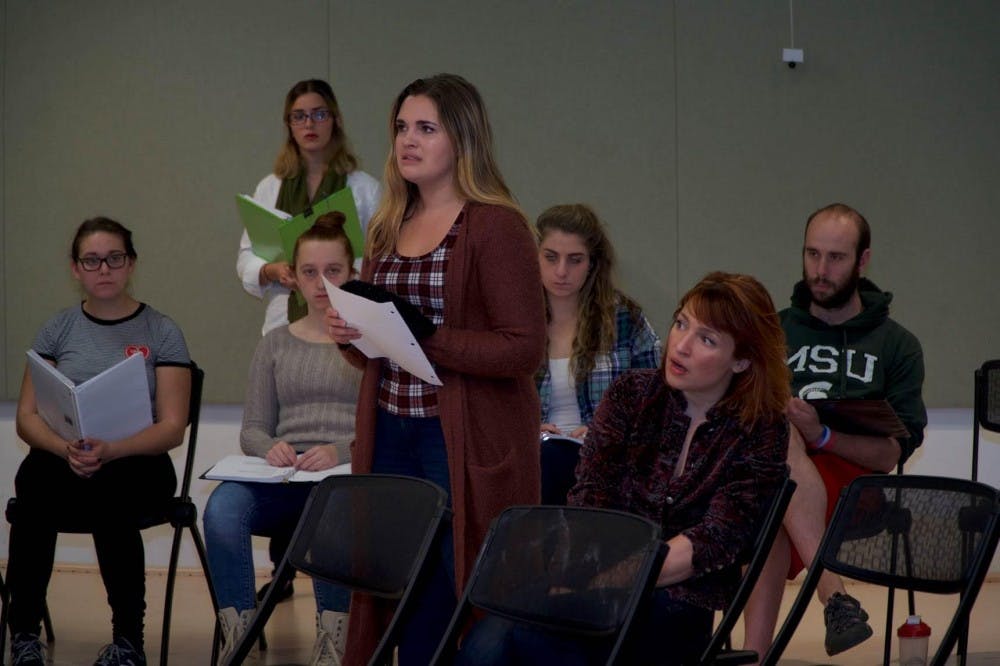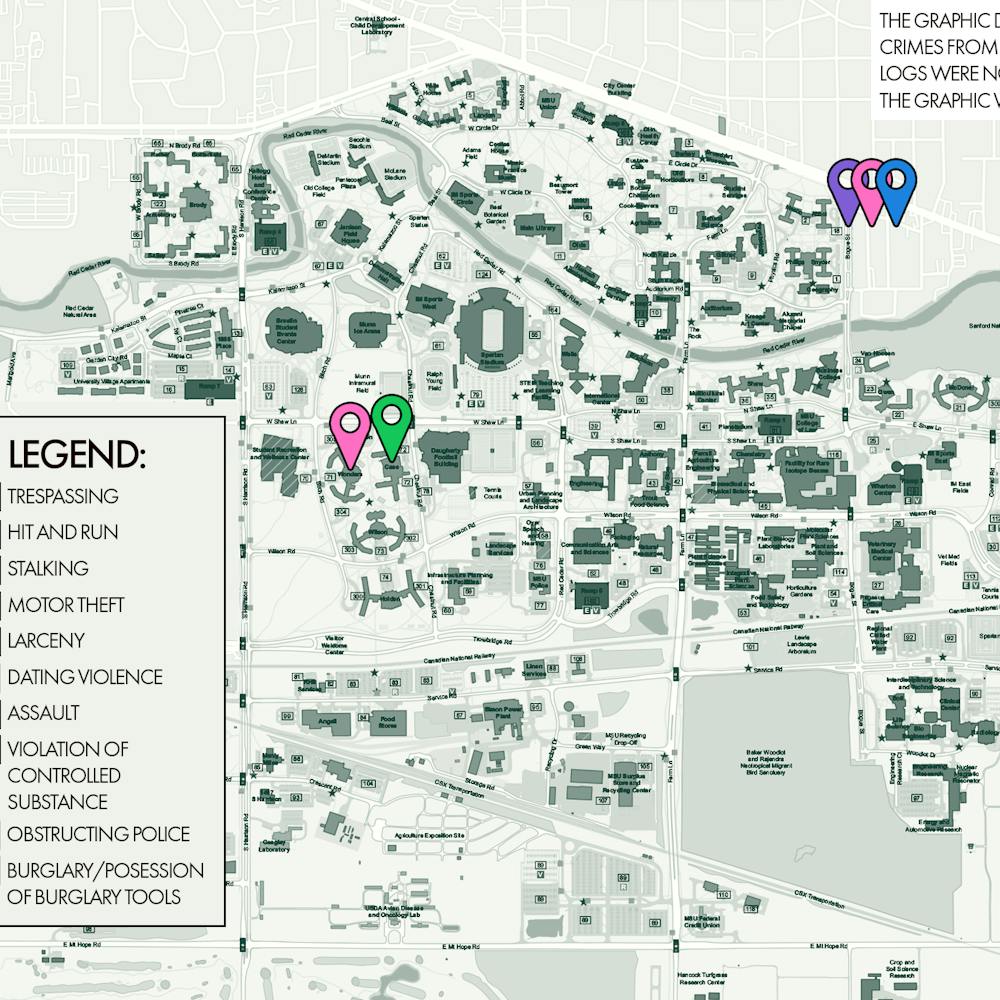Wharton Center for Performing Arts and the MSU Department of Theatre’s collaboration project, “Temple,” strives to assist both actors and audience members with a beneficial theatrical experience.
“Temple” tells the story of Temple Grandin, a woman who made great strides toward the acceptance of those on the autism spectrum.
“It’s a pretty amazing story of how she came to embrace her brilliance,” artistic director Brad Willcuts said. “It’s also a story about empathy and perception and how we view others.”
Because of the topics discussed in the musical, the Wharton Center has developed a sensory-friendly performance that will take place at 2 p.m. on Oct. 22.
This performance is tailored toward audience members with autism and their families, with special accommodations such as modulated sound, lights not going completely up or down and an activity room with monitors to broadcast the performance.
“They don’t have to worry about either themselves or their caregivers or families or whomever, don’t have to worry about being self-conscious,” director of marketing and communications at the Wharton Center Diane Willcox said. “This is a warm and welcoming environment in which anyone can just be themselves.”
This is part of a series of initiatives the Wharton Center is putting together to accommodate those with autism. Willcox said the plan is to host multiple sensory-friendly performances each year.
“Temple” is the show chosen for this year’s Imagen program. This program involves Broadway performers, MSU Department of Theatre students, along with high school and middle school students. These performers come together and collaborate on producing new musical work.
This show was written 10 years ago, and after the composer passed away, it was put on a shelf and hardly touched.
The original writer, alongside MSU faculty, have started adding to the piece while still staying true to the existing story, chairperson of the MSU Department of Theatre Kirk Domer said.
“It’s kind of gotten its second life in a whole new first-life situation,” Domer said.
The entire rehearsal process lasts two weeks. Students learn the music, while the writing team continues to develop the show. They then come together the week before the performance for combined rehearsals, Willcuts said.
“Not only do students get to work with Broadway caliber people, they also get to do it in a very professional and quick environment much like commercial theater in the industry,” Willcuts said.
It also introduces younger actors to the MSU Department of Theatre and encourages them to apply for the program when they begin college, he said.
Performances will take place at the Wharton Center on Oct. 21 and Oct. 22.







